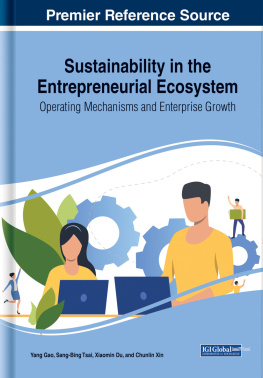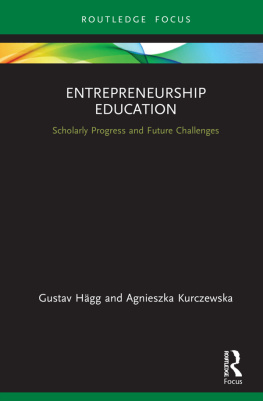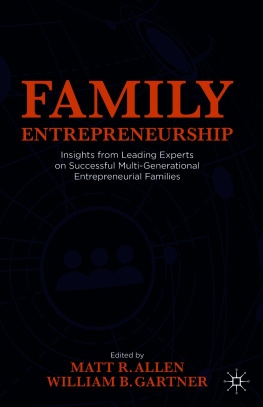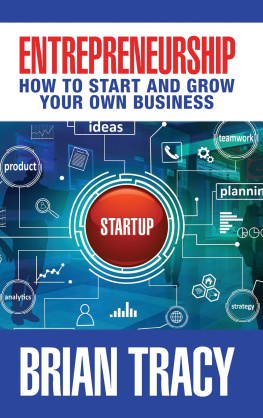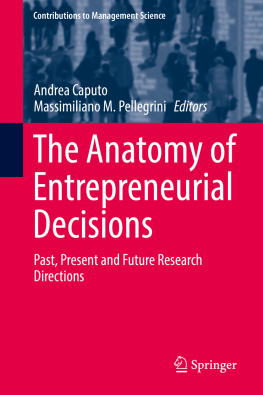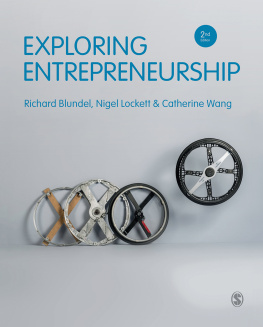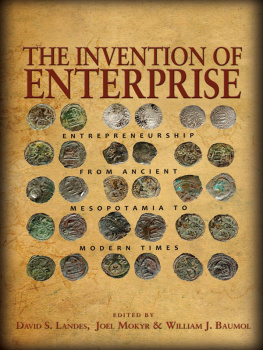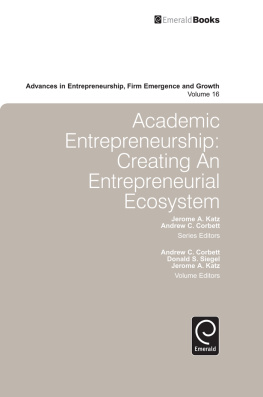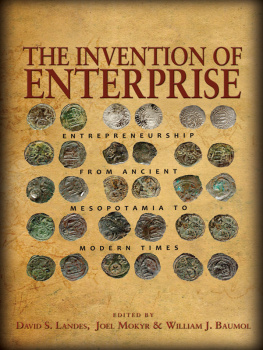Engines of Innovation
This book was published with the assistance of the William R. Kenan Jr. Fund of the University of North Carolina Press.
2010 Holden Thorp and Buck Goldstein
Preface to the Second Edition and Engines RevisitedA
Three-Year Tune-Up 2013 Holden Thorp and Buck Goldstein
All rights reserved
All royalties from this book have been assigned by
the authors to the University of North Carolina at
Chapel Hill to support innovation and entrepreneurship.
Designed by Richard Hendel
Set in Arnhem and Fedra types
by Tseng Information Systems, Inc.
Manufactured in the United States of America
The paper in this book meets the guidelines for permanence and durability of the Committee on Production Guidelines for Book Longevity of the Council on Library Resources.
The University of North Carolina Press has been a member of the Green Press Initiative since 2003.
The Library of Congress has cataloged the
original edition of this book as follows:
Thorp, H. Holden, 1964
Engines of innovation : the entrepreneurial university in the
twenty-first century / Holden Thorp and Buck Goldstein
p. cm.
Includes bibliographical references and index.
1. Community and collegeUnited States. 2. Education, HigherAims and objectivesUnited States. 3. Business and educationUnited States. 4. EntrepreneurshipUnited States. I. Thorp, H. Holden. II. Goldstein, Buck.
LC238.T46 2010
378.103 22 2010018135
ISBN 978-1-4696-0984-3 (pbk.: alk. paper)
ISBN 978-1-4696-1184-6 (e-book)
ISBN 978-0-8078-3438-1 (cloth: alk. paper) (2010)
17 16 15 14 13 5 4 3 2 1
For the latest on the authors and their work with innovation and higher education go to www.innovationandeducation.com.
For Patti and Kay
Contents
Preface to the Second Edition
The proverb be careful what you wish for applies to the events that followed the publication of the first edition of Engines of Innovation. It was our hope that a worldwide economic crisis would become an opportunity too important to miss and would give rise to innovative approaches to the worlds biggest problems, with Americas research universities leading the way in finding solutions. We got much more than we bargained for. The meltdown was not merely a financial event but rather a fundamental challenge to the most basic assumptions about our society and the institutions that anchor it. Geopolitical alignments such as the European Union have been tested by economic realities whose resolution had long been postponed. Repressive political regimes were confronted and in some instances toppled by democratic movements aided by social media. The very existence of many of the worlds largest corporations and financial institutions has been challenged, and in many cases their underlying economic models are in question. Grassroots, citizen-led movements challenging the status quo exist in virtually every major country, including our own, increasing instability throughout the world.
Research universities have not been exempt from the turmoil. The initial shock of eroded endowments was followed by substantial cuts in governmental support, especially for state-supported universities, requiring cost-cutting responses that ranged from the enactment of much-needed efficiencies to draconian cuts in faculty numbers and compensation that threaten the long-term viability of state-supported research universities. With the restoration of a degree of financial stability, at least for research universities, it has become clear that a new normal has taken shape, in which, as we predicted in the first edition of Engines, students, faculty, parents, trustees, state and federal government, and the public at large all expect more from institutions often referred to as the crown jewels of our society. The often-contradictory demands from these diverse constituencies include questioning the value of tenure for faculty, preparing students more effectively for the job market, increasing the graduation rate among enrolled students and the number of college graduates overall, reducing the cost of higher education and the taxpayers role in financing it, reducing need-based financial aid, reforming intercollegiate athletics, and providing an array of alternatives to the residential college experience that remains the principal educational model among American research universities. Some opinion makers have also begun to question the value of a college education, pointing to Bill Gates, Steve Jobs, and others as examples of college dropouts who achieved enormous success. These debates often ignore the high costs of not getting a college degree and the even higher costs of starting and not finishing one.
So the financial crisis that served as a touchstone for the introduction to the first edition of Engines has now given way to four forces that are shaping higher education. First, online education, about which we will say more below and in the new closing chapter, has become a constant topic in trustee meetings and in the punditry. Second, student debt has taken on increased attention in light of questions about the value of college education and its costs. Third, health care reform poses a set of challenges for research universities with large medical centers. Finally, the U.S. fiscal situation has created uncertainties around research funding and federal financial aid. These four forces must be turned into opportunities for advancement, and we believe the entrepreneurial thinking we propose points the way for doing so.
The response to our ideas both on our own campus and among our peers nationwide has been more rapid and more dramatic than we expected. Our own experience with an outside consulting firm helping us find efficiencies among activities not directly connected to our academic mission has now been replicated at scores of educational institutions both big and small. This will be a long and sometimes painful process that should be ongoing, just as it is in any successful institution, governmental agency, or corporation. More significantly, reductions in funds, especially for state-supported universities, combined with advances in online technology and social media and the worldwide demand for American higher education, has spawned a remarkable array of online models for delivering knowledge to a large number of students. With experience, the effectiveness of these models will increase and revenue streams will be developed, so that online education in general and, more specifically, the new MOOCS (Massive Open Online Courses) will change the basic curriculum in all of higher education, with research universities leading the way. Again, the hard work of perfecting the existing models and inventing new ones will be slower than the initial burst of innovation we have experienced over the last eighteen months, but the results, we believe, will be positive, as technology is employed to transfer knowledge not only more efficiently but also more effectively.
Other responses are not so positive. Governors, state legislatures, and commissions appointed by governmental authorities across the country are, in the name of financial austerity, attempting to drastically diminish institutions that have taken decades or even centuries to build. Many believe that the state-supported public research university will cease to exist in its current form and will be replaced by a hybrid model that relies more on tuition and federal grant money and dramatically less on state funds. More fundamentally, many of the ideals of the modern university, particularly those grounded in the study of the liberal arts and humanities, are being called into question in the name of practicality. An increasingly familiar refrain from parents, legislators, and the public at large is, How will studying English help a student get a job? Such concerns are particularly compelling when unemployment among recent college graduates is estimated by some to be as high as 50 percent. We believe the critics exaggerate the unemployment numbers and underestimate the long-term quantitative benefits of a college education. But we are mindful of the fact that a grand vision of the research university as a crown jewel of our society has much less resonance when its graduates are beating the pavement in search of that all-important first job.



